Experiences and insights into the development of an IT infrastructure for learning and teaching in the university alliance “Unite!”
Experiences and insights into the development of an IT infrastructure for learning and teaching in the university alliance “Unite!”
18.11.24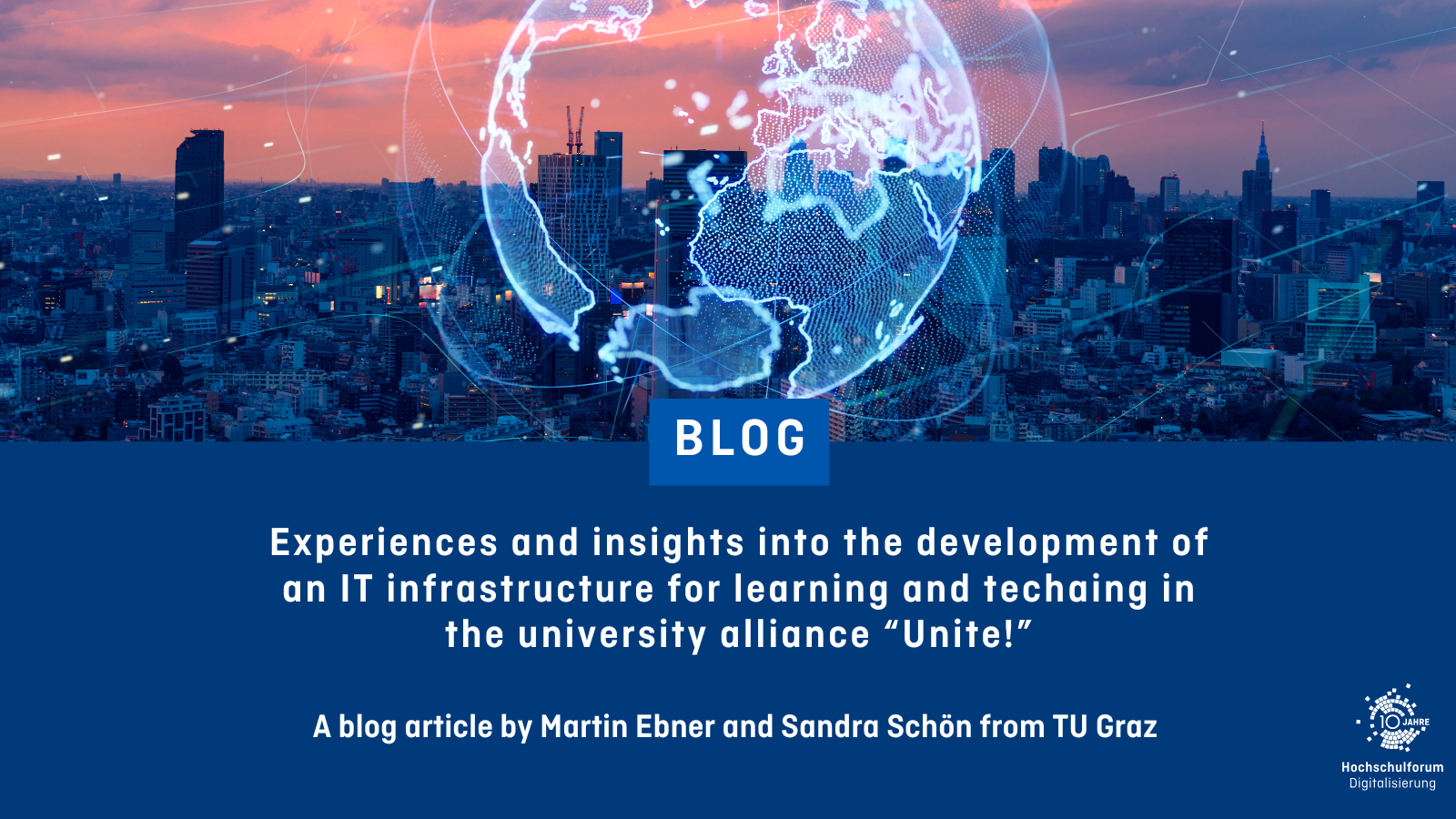
The university alliance Unite! has been promoting student mobility through the development of various IT platforms since 2019. A comprehensive review by Martin Ebner and Sandra Schön (both from Graz University of Technology) offers exciting insights into the current challenges of setting up a shared IT infrastructure for learning and teaching – and also provides cross-cutting insights and solutions.
About the university alliance Unite! and the “Digital Campus” work package
More than 60 university alliances currently exist in the European Union, and they all share the goal of promoting student mobility and intensifying joint teaching and research activities. One of these alliances is Unite!which includes the following universities: Darmstadt University of Technology (Germany, management), Aalto University (Finland), KTH Royal Institute of Technology (Sweden), Politecnico di Torino (Italy), Universidade de Lisboa (Portugal), Universitat Politècnica de Catalunya (Spain), Grenoble INP – Institut Polytechnique de Grenoble (France), Graz University of Technology (Austria) and Politechnika Wrocławska (Poland).
In November 2022, Graz University of Technology (TU Graz) took over the management of the “Digital Campus” work package as part of the second Erasmus+ funding for alliances (11/22-10/26). In this context, we would like to report on the developments, results and experiences to date.
The Unite!-Alliance was launched in 2019 with seven founding members. Key IT platforms were created and put into operation during the first Erasmus+ funding period, including a cloud system for internal data exchange, a website and a basic installation of the Moodle learning management system. Since the beginning of 2023, all members of the nine partner universities have had access to the joint course offerings via the “federated” learning management system Moodle called “Metacampus” without additional registration thanks to EduGAIN.
How do you get an overview of the IT infrastructure for learning and teaching within an alliance?
In view of the two new partners, the work plan provided for a comprehensive inventory of the IT infrastructure. As part of a requirements analysis, the existing IT infrastructures for learning and teaching of the alliance and all partners were to be presented in detail, including the progress of the implementation of the European Student Card.
This analysis took 15 months, during which various methods and approaches were combined. A crucial point was to obtain visualizations and detailed descriptions from all partners in order to be able to quickly draw conclusions about special features of the individual partners or possible problem areas or additional challenges in future developments. This proved to be particularly important, as there is practically no university where a single person can provide comprehensive information about the entire IT infrastructure. For many of the partners, this project was also a first attempt to systematically document their own infrastructure.
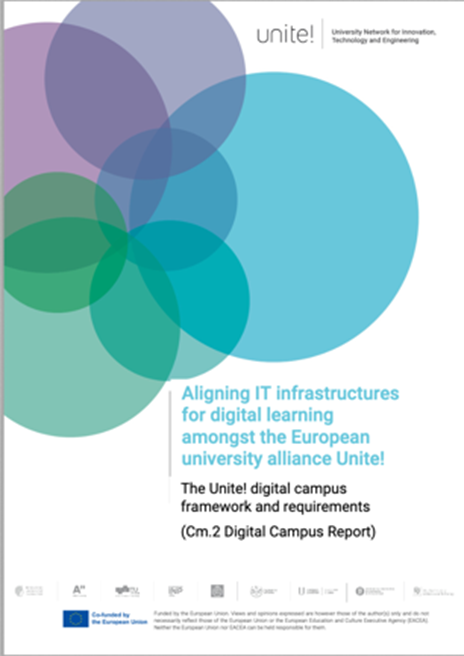
The requirements analysis was published in January 2024 (see Figure 1). We drew in part on existing publications on the IT infrastructures of other alliances that we found helpful (e.g. Lagoudakis et al., 2023), and hope that our work will also be useful – for contributions such as that of Berger, Galati & Witteler (2023).
How we methodically arrived at the standardized visual representations was presented at the 2024 EUNIS conference (Ebner et al., 2024b). The process involved interviews with all partner universities, followed by the presentation and discussion of initial drafts in several iterations. Feedback was incorporated in these iterations until a presentation method was found that was suitable for all partner universities.
One particular challenge was that there were no predefined questions for the representations (e.g. “Which partner has an OER repository?” or “How is authentication carried out?”). Instead, we had to develop a generic and at the same time flexible representation that would do justice to the diverse IT infrastructures and potential use of the representations.
The IT infrastructure for learning and teaching at TU Graz is presented below. The full report contains corresponding descriptions of the systems as well as a student perspective on the systems for each partner university (see Figure 2).
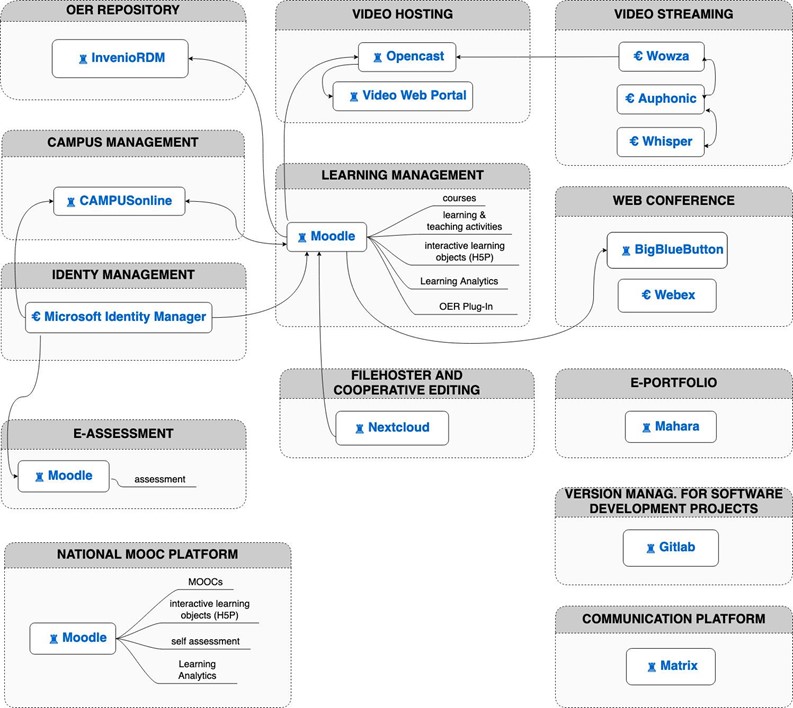
Differences and similarities in the IT infrastructure for learning and teaching
Although the path to these overviews and descriptions was time-consuming, it is considered a success: many partner universities have produced detailed descriptions of their IT infrastructure for the first time, which were perceived as helpful and required the involvement of several people and working groups. And the exchange of information about the descriptions and the joint discussion helped to gain a better understanding of where similarities and special features actually lie: It became so clear that there are partner universities that do not have a centralized IT infrastructure for learning and teaching, while others have a clear open source orientation. Some partners are located in countries with national student directories, while other institutions prefer to purchase software and services externally as required, rather than hosting everything themselves. Although not all details have always been fully recorded, it is now much easier to create tabular overviews, such as an overview of the learning management systems used in the alliance (see Table 1).
| Main LMS | Open source | Secondary LMS | LTI interface | MOOC platform | EduGAIN | |
| TU Graz | Moodle | YES | – | YES | Moodle | YES |
| ULisboa | Fenix Platform | YES | Moodle, Open edX |
NO (Moodle: YES) |
Open edX | YES |
| UPC | Moodle | YES | – | YES | – | YES |
| PoliTO | DIDATTICA | YES | Moodle | YES | Open edX | YES |
| UGA-INP | Moodle | YES | Chamilo | YES | – | YES |
| TUDa | Moodle | YES | – | YES | – | YES |
| Wroclaw Tech | Moodle | YES | – | YES | – | YES |
| KTH | Canvas | NO | – | YES | Open edX | YES |
| Aalto | Moodle | YES | – | YES | Moodle | YES |
Table 1: Learning management systems in use at the university partners of the university alliance “Unite!”. Source: Ebner et al., 2024, Table 16, p. 100.
Changes and the introduction of a technical commission
In 2023, another platform was also added to the Allianz-owned platforms: Allianz Unite! was offered another platform (called Agora, based on the business management system Odoo) for use, as some of the partner universities are project partners in the EU project aUPaEU. The tool’s capabilities are currently being used primarily as a content management system.
In order to keep these and other requirements and developments in view and within the decision-making scope of all partners, a process and a so-called “Technical Commission” were introduced in mid-2023. In the meantime, all inquiries are recorded centrally; for all questions that cannot be solved directly by the support team or require major technical intervention, these questions are discussed by a specially created committee, the so-called “Technical Commission”, and jointly decided by consensus. The committee, which is made up of representatives from all partner universities, is primarily concerned with technical (and financial) feasibility and passes on decisions that have further implications to the alliance management. One such request is, for example, the admission of external users to the federated learning management system.
Requirements from the perspective of the “Digital Campus” work package
The aim of the report presented here was to formulate requirements in order to structure and support the group’s further work. It turned out that these were essentially typical IT requirements that were defined (Ebner et al., p. 109 ff):
- Interoperability between the digital infrastructures of the university partners and European standardsThis is not just about technical standards. Practice shows that understanding and use vary in almost all aspects between the partner universities.
- Implementation of IT infrastructure decisionsProcesses and structures must be created to facilitate decision-making. One example of this is the Technical Commission, but also the processes for strategic decisions relating to technical issues.
- Strategic support for the effective use of existing IT systems, especially the MetacampusAdditional incentives are needed for lecturers to make their courses available via Unite! and to actively use the Metacampus.
- Clarification of future (learning) scenarios, mobility and other topics for IT infrastructure developmentAllianz is faced with the challenge of prioritizing from a multitude of possibilities and scenarios.
- Budget considerations for the development and maintenance of federated systemsIt is actually unimaginable that an IT infrastructure as complex as federated IT is dependent on project funding or in-kind services. This represents a major challenge, in addition to the actual tasks of those involved.
These requirements provide a basis for continuing the Group’s work in a targeted manner and shaping the Alliance’s technological infrastructure in a sustainable manner.
Further developments: Piloting of LTI, implementation of the European Student Card and support
By using EduGAIN, access to the federated learning management system is extremely easy for members of the Unite! alliance, as they only need to use their existing login details. Metacampus should therefore be the preferred choice for learning opportunities aimed exclusively at Unite! members, especially as the awarding of Open Badges is also supported. However, many teachers who already manage their course materials on their own systems are reluctant to switch to another system. Duplicate storage of materials (copies) is also not a practicable solution.
Since 2024, the linking of learning management systems with the help of LTI (Learning Tools Interoperability) has been tested in pilot projects. Initial experiences from Unite! courses have been consistently positive (Schön et al., 2024b). LTI connections can work in both directions, so that the Metacampus can act as both a tool provider and a tool consumer.
The partner universities also use their previous experience to implement the European Student Card. A further challenge is not only to organize the support structures for the use of the Metacampus centrally, but also to further develop these with the university partners (Schön et al., 2024).
Recommendation: Do not make any hasty assumptions – systematically work out differences and similarities
The things we are working on in Unite! are also being worked on by colleagues in more than 60 other university alliances. And we would like to know how they are doing and have the time and leisure to exchange ideas! One thing we have learned over the last two years: With all issues, we now always have to assume that, despite supposed standards or European requirements (such as data protection), each partner university has its own interpretations and implementations – and this doesn’t just apply to technical issues. We have therefore gotten into the habit of first systematically taking stock: How does each university handle this? (And it often starts with: What exactly do you mean by that?) Even if this process is sometimes laborious, it holds many a surprise – and insights into our own particularities.
References
- Berger, F., Galati, N., & Witteler, S. (2023). Making interoperability work: Challenges and solutions for an interoperable higher education system. Hochschulforum Digitalisierung, Report No. 72, September 2023. https://hochschulforumdigitalisierung.de/sites/default/files/dateienHFD_report_no.72_Making_interoperability_work.pdf
- Ebner, M., Schön, S., Alcober, J., Bertonasco, R., Bonani, F., Cruz, L., Espadas, C., Filgueira Xavier, V., Franco, M., Gasplmayr, K., Giralt, J., Hoppe, C., Koschutnig-Ebner, M., Langevin, E., Laurent, R., Leitner, P., Martikainen, J., Matias, J., Muchitsch, M., Oller, M., Pereira, A. B., Petersson, J., Santiano, G., Schmidt, A., da Silva, F. M., Steitz, K., Taraghi, B., Torchiano, M., Villas, S., & Würz, A. (2024a). Aligning IT infrastructures for digital learning among the European university alliance Unite! – The Unite! digital campus framework and requirements (1.0). Unite! Community 2 Digital Campus, Graz University of Technology. https://doi.org/10.3217/36yen-0wy21
- Ebner, M., Schön, S., Alcober, J., Bertonasco, R., Gasplmayr, K., Herczak-Ciara, A., Hoppe, C., Langevin, E., Laurent, R., Leitner, P., Martikainen, J., Petersson, J., Reignier-Tayar, N., da Silva, F. M., Steitz, K., Taraghi, B., & Würz, A. (2024b). Examining IT infrastructures for learning and teaching in the European university alliance Unite! EUNIS Proceedings 2024. In print.
- Lagoudakis, M. G., Gkizeli, M., Fotiou, A., Fragkedaki, D., & Kollnig, S. (2022). Teaching and research in the digital world. BHM Berg- und Hüttenmännische Monatshefte, 167(10), 489-494.
- Schön, S., Ebner, M., Edelsbrunner, S., Gasplmayr, K., Hohla-Sejkora, K., Leitner, P., & Taraghi, B. (2024a). Federated virtual learning management in a European university alliance: General challenges and first experiences using LTI to connect LMS in Unite! In T. Bastiaens (Ed.), Proceedings of EdMedia + Innovate Learning (pp. 132-145). Association for the Advancement of Computing in Education (AACE). https://www.learntechlib.org/primary/p/224514/
- Schön, S., Gasplmayr, K., Ebner, M., Alcober, J., Hoppe, C., Koschutnig-Ebner, M., da Silva, F. M., & Taraghi, B. (2024b). The development of “teaching management patterns” from the perspective of IT infrastructure as a tool for consulting and further development in a European university alliance. In T. Bastiaens (Ed.), Proceedings of EdMedia + Innovate Learning (pp. 146-155). Association for the Advancement of Computing in Education (AACE). https://www.learntechlib.org/primary/p/224515/
Authors

Martin Ebner, Priv.-Doz. Dr., Head of the Department of Teaching and Learning Technologies at Graz University of Technology and Head of the national MOOC platform iMooX.at for Austrian universities. Main areas of research: educational informatics, AI in university teaching, MOOCs, open educational resources and digital basic education.

Sandra Schön (@sandra_schoen) is a researcher at the Institute of Interactive Systems and Data Science at Graz University of Technology and is a volunteer in projects of the non-profit educational association BIMS e.V..


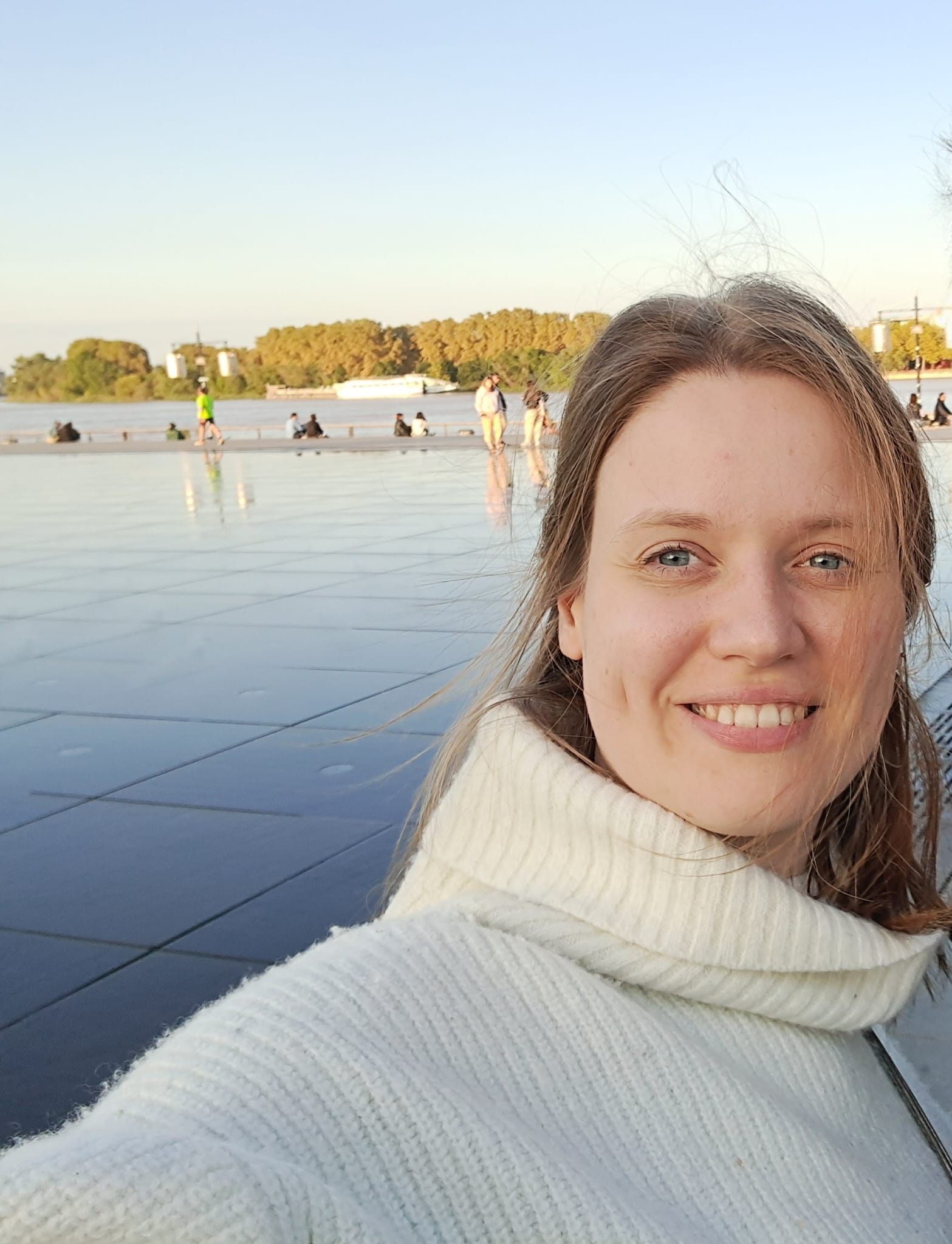 Lena Nedwed
Lena Nedwed 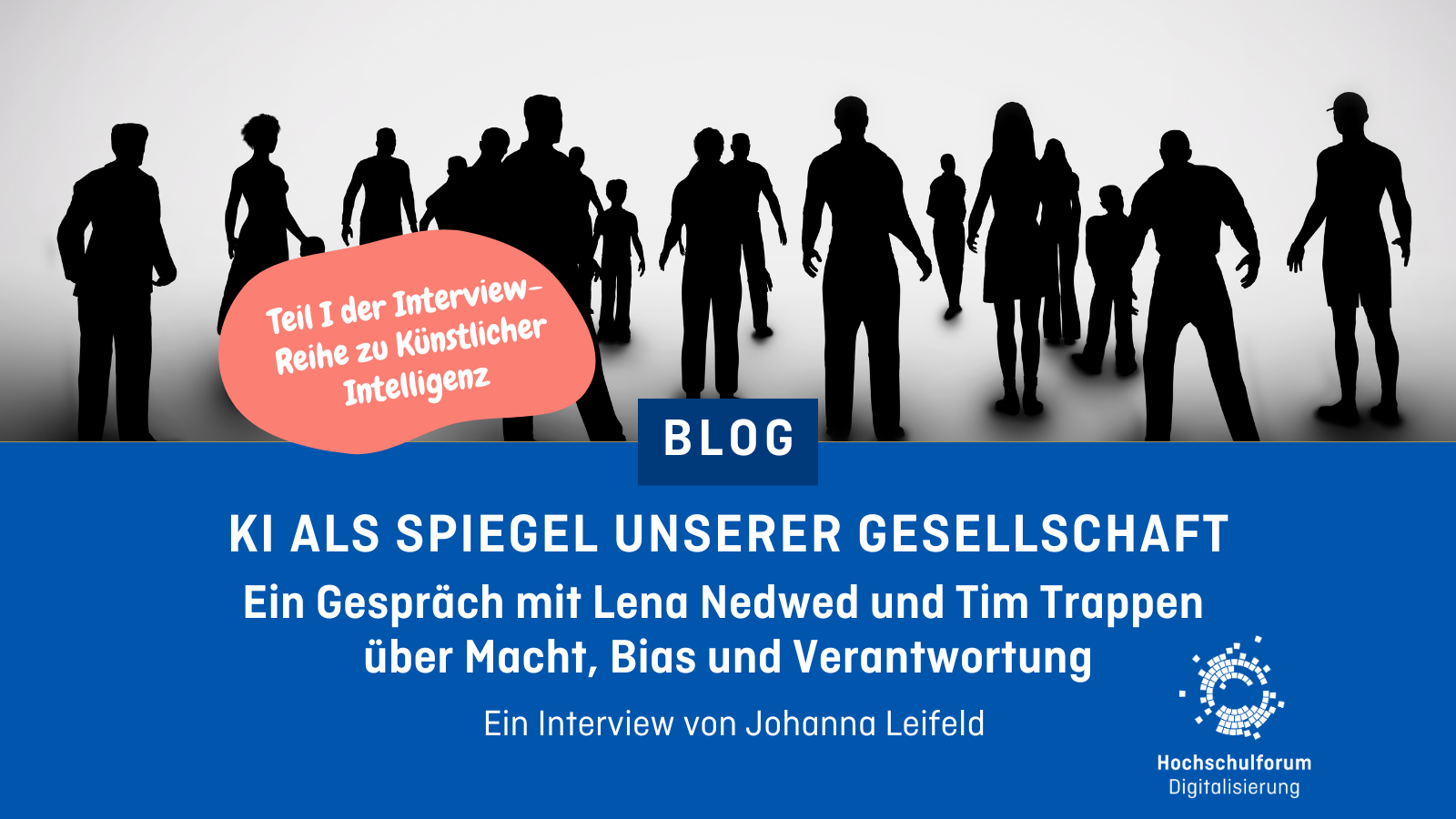
 Michael Siegel
Michael Siegel 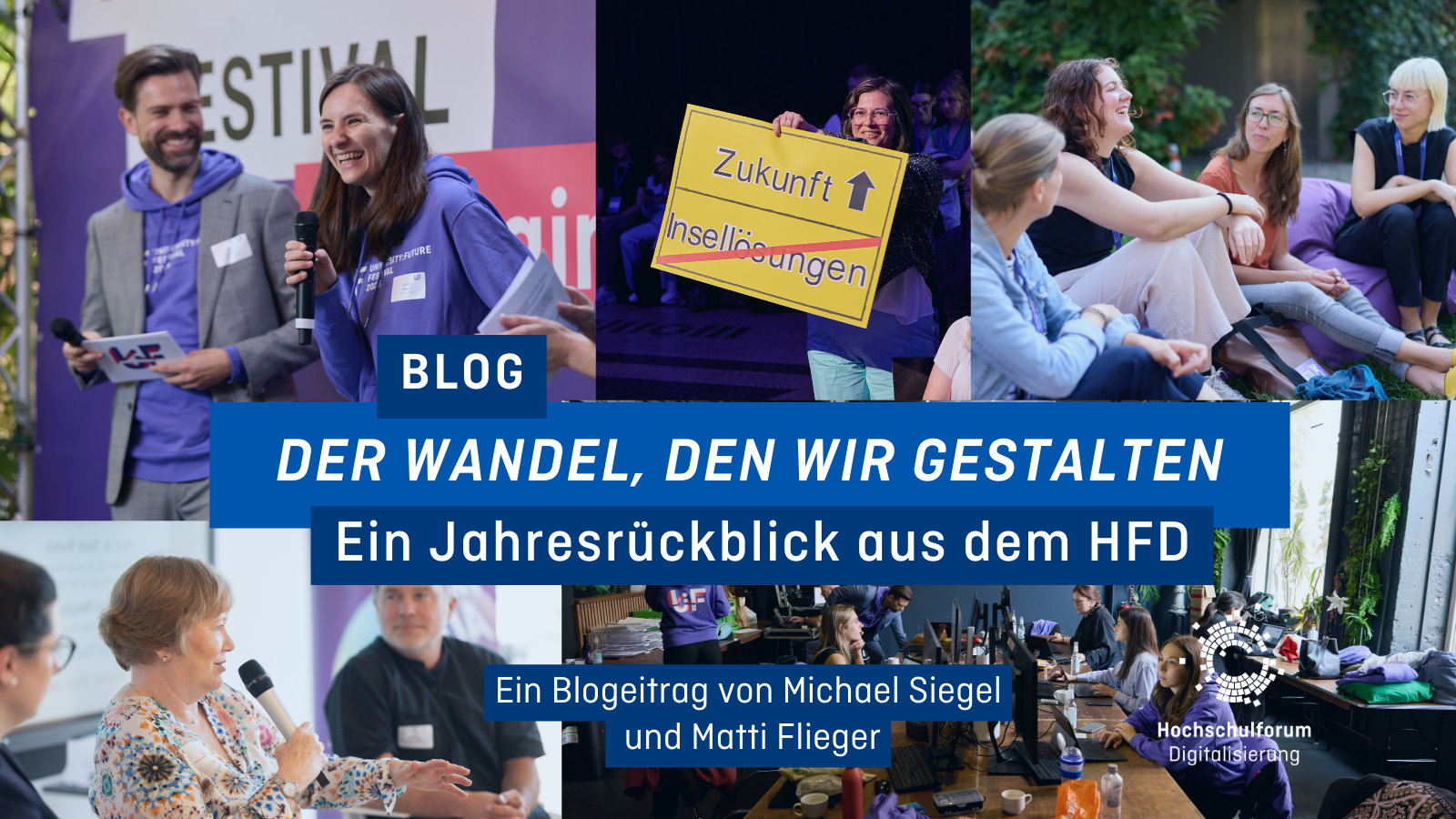
 Andreas Giesbert
Andreas Giesbert 